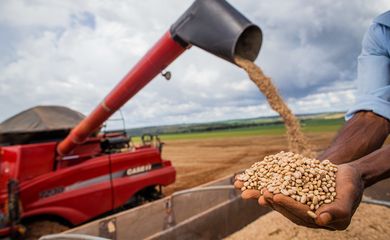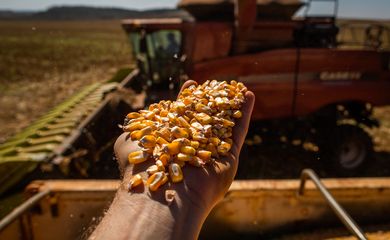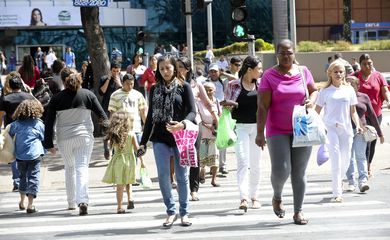Black women’s homes worst hit by food insecurity in Salvador

A study conducted in the city of Salvador by researchers at the Federal University of Bahia (UFBA) revealed that households headed by black women are the most threatened by hunger: 21.2 percent of them face moderate to severe food insecurity and another 25.6 percent are under mild food insecurity.

Considered together, the figures for both groups show that concerns about access to food appropriate in both quantity and quality are present in over half of these households.
The results of the survey can be found in a scientific article published in Friday’s edition (Aug 5) of journal Cadernos de Saúde Pública, published by research foundation Fiocruz.
The scientists used a sample comprising 14,713 households across 160 districts in the state capital of Bahia. A questionnaire with 62 questions was applied in person and online. The data were collected from 2018 to 2020.
On scale
The experts adopted Brazil’s food insecurity scale EBIA, according to which the situation is serious when hunger is reported or when the amount of food for children is restricted; moderate when food for adults is restricted; and light when people do not know if they will have access to food in the near future.
Conversely, food security is reported when there is access to food in the appropriate quantity and quality—which is more common in households headed by white men. In 74.5 percent of these, no concerns are found regarding food.
Nutritionist Silvana Oliveira, one of the authors of the article, pointed out that several studies prove that food insecurity is linked to socioeconomic factors, like income and education. These do not explain the whole picture, she underscored, and racial discrimination must also be considered.
“People still believe that black women’s place is doing housework. Some stereotypes are associated, for example, with the lack of opportunities to earn a better income. Even if a black woman has the same level of education as a white woman, the former tends to have a lower salary because she is perceived as having lower value,” Oliveira argued.
To be effective, Oliveira said, initiatives aimed at tackle the issue must be coupled with the recognition of racial inequality and go beyond universal measures that fail to take special conditions into account.
“Public policies must be intersectional. They must look at the differences within groups and the interaction between the various axes of oppression. Racial inequality assails the entire black population, but there are also specific demands from black women,” she added.
Racial inequality
Even though the research focused on the reality of Salvador, Oliveira said the outcome of the study is in line with data documenting racial inequality across Brazil.
The theoretical biography in the study was built from studies on the entire country, the expert went on to note. “I believe the research comes as a great contribution to the debate on food insecurity not just in Salvador, but also Brazil,” she declared. At the same time, she noted that the city’s particular characteristics were not left out of the equation.
Approximately 80 percent of the population in Salvador describe themselves as black or brown, as per data from official statistics agency IBGE. The city is home to approximately 3 million people.
Of the 14,713 households surveyed, 50.1 percent were headed by a black woman, followed by black men (35.4%), white women (8.3%), and white men (6.2%).
“Despite its predominantly black population, Salvador is yet to address its deeply rooted inequality,” she concluded saying.
Dê sua opinião sobre a qualidade do conteúdo que você acessou.
Escolha sua manifestação em apenas um clique.
Você será direcionado(a) para o sistema Fala.BR, mas é com a EBC que estará dialogando. O Fala.BR é uma plataforma de comunicação da sociedade com a administração pública, por meio das Ouvidorias.
Sua opinião ajuda a EBC a melhorar os serviços e conteúdos ofertados ao cidadão. Por isso, não se esqueça de incluir na sua mensagem o link do conteúdo alvo de sua manifestação.
Clique aqui para mais informações sobre a Ouvidoria da EBC.











